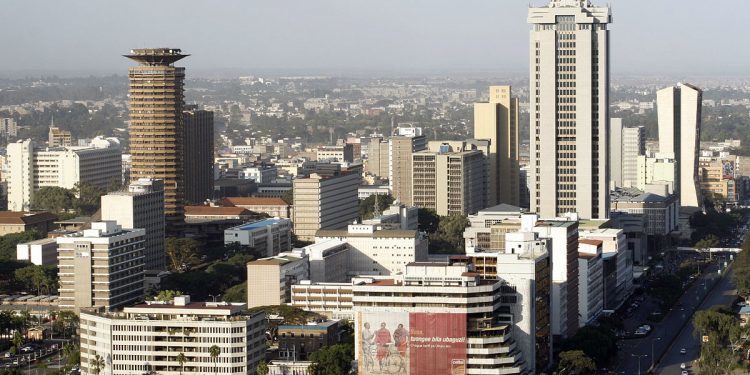Kenya’s private sector activity hit a 15-month low in July as PMI survey data signalled a decline in new orders and muted business confidence.
The Markit Stanbic Bank Kenya Purchasing Managers’ Index (PMI) remained below the 50.0 no-change mark for the fourth successive month falling to 46.3 from 46.8 in June.
Readings above 50.0 signal an improvement in business conditions on the previous month, while readings below 50.0 show a deterioration.
The decline in new orders during the month saw companies scale back their purchasing activity, the survey notes.
“Business volumes were subdued in the private sector by uncertainty around the upcoming election, plus inflationary pressures which deterred customers from committing to new projects,” it said.
Even so, stock purchases continued to rise, with some firms trying to ensure that inventory levels were sufficient for future order needs.
The PMI survey further notes that inflation rates remained elevated at the start of the third quarter, despite softening over the month.
Purchase costs also rose at one of the sharpest rates on record in the month, with higher fuel and transportation costs widely reported.
“Increasing food prices, currency weakness, and import taxes all added to purchase price pressures. Staff costs also rose, but only marginally,” the survey noted.
However, on a positive note, employment in the private sector went up, ending a two-month sequence of decline.
Most firms expanded their workforce numbers in July to help provide good quality products and services to their customers. Suppliers were also keen to provide a good service and speed up delivery times for the twenty-sixth month.
The latest improvement in vendor performance was the most marked since October 2021.
Read also; Kenya’s Private Sector Declines Further in June Amidst Rising Inflation Pressures-PMI.




